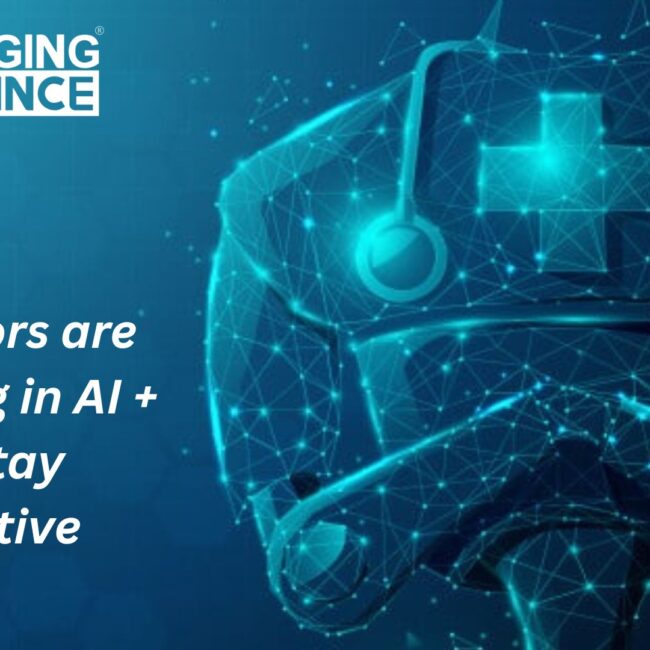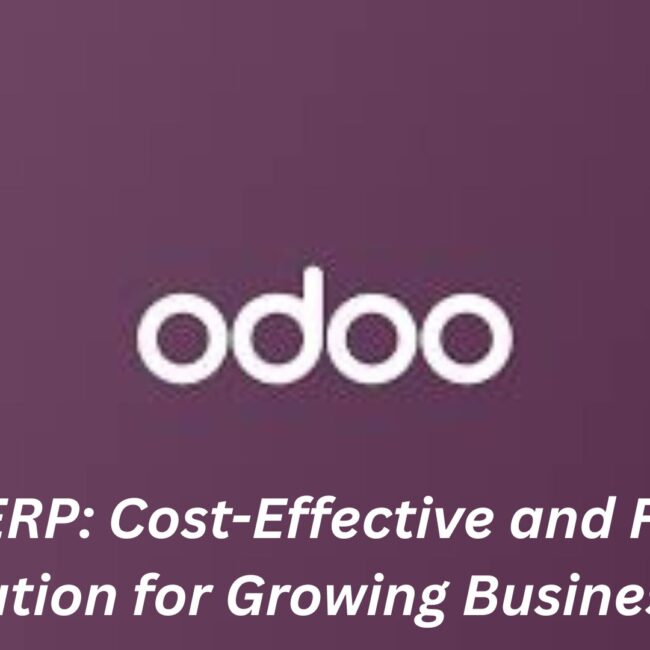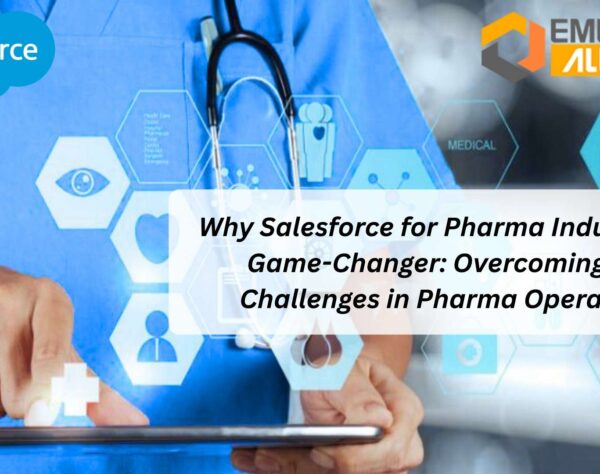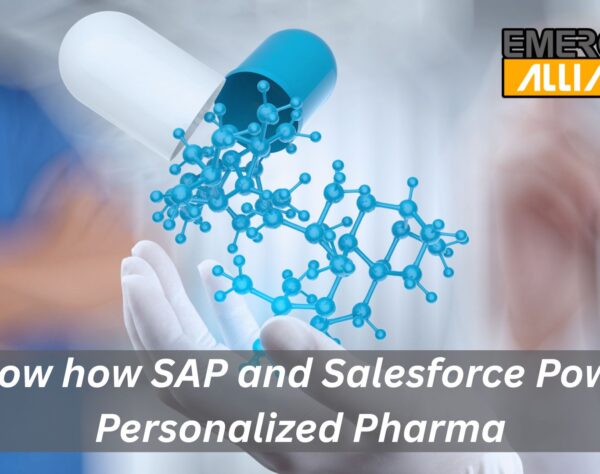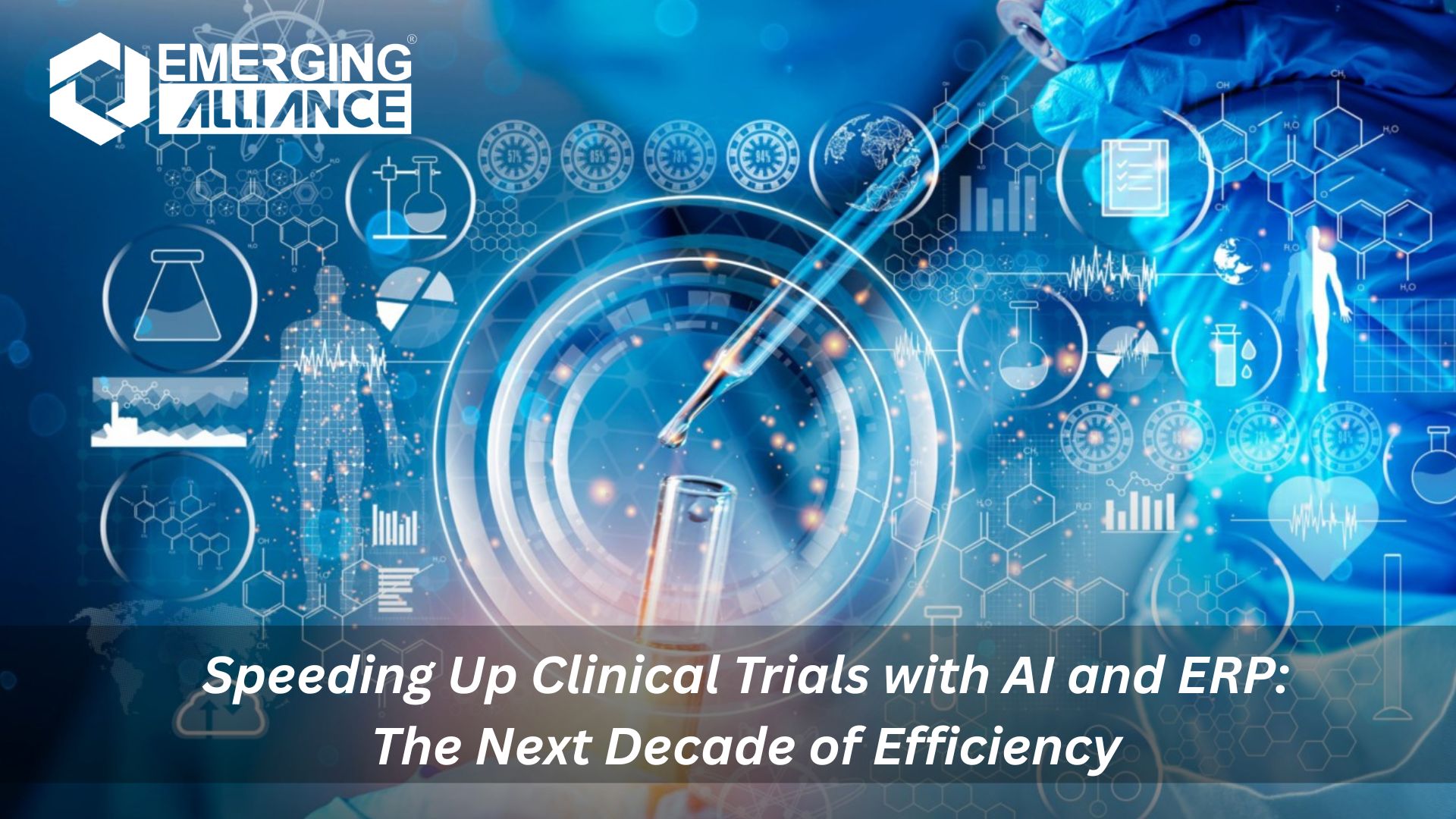
Speeding Up Clinical Trials with AI and ERP: The Next Decade of Efficiency
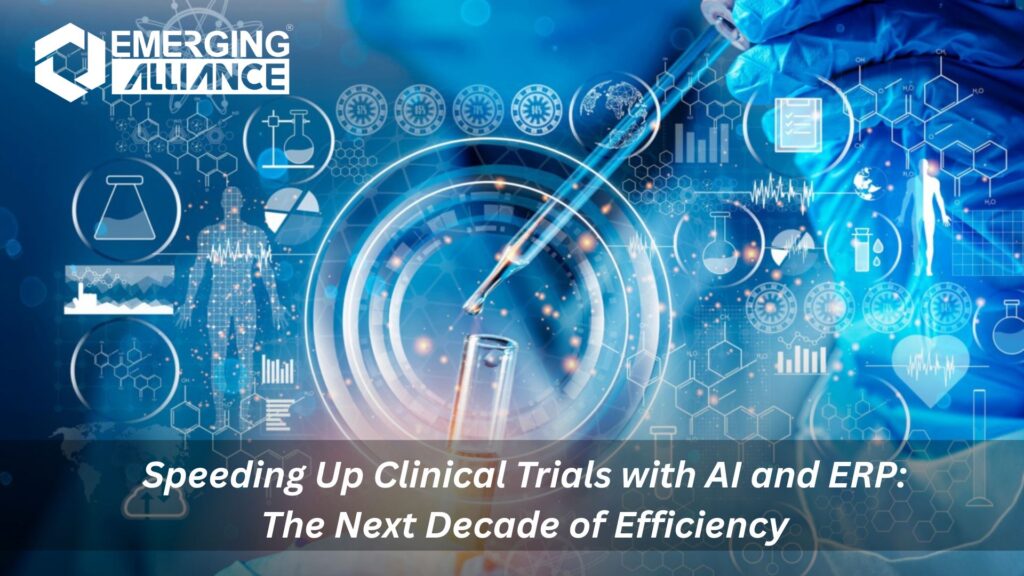
How AI and ERP Are Making Pharma- Clinical Trials Faster and Smarter
Clinical trials are the cornerstone of pharmaceutical innovation—but they’re notoriously slow, expensive, and complex. Delays not only increase R&D costs but also postpone access to life-saving treatments. As the biotech industry moves into a data-first era, combining Artificial Intelligence (AI) with Enterprise Resource Planning (ERP) systems is proving to be a game-changer in trial efficiency, accuracy, and speed.
How AI and ERP Are Making Clinical Trials Faster and Smarter
The Race to Accelerate Clinical Trials
Clinical trials are the cornerstone of pharmaceutical innovation—but they’re notoriously slow, expensive, and complex. Delays not only increase R&D costs but also postpone access to life-saving treatments. As the biotech industry moves into a data-first era, combining Artificial Intelligence (AI) with Enterprise Resource Planning (ERP) systems is proving to be a game-changer in trial efficiency, accuracy, and speed.
The Challenges Slowing Down Clinical Trials
Before understanding how AI and ERP help, let’s look at the traditional pain points:
- Manual patient recruitment and screening
- Data silos across research, operations, and compliance teams
- Delayed protocol amendments and site approvals
- Inventory and sample tracking issues
- Inconsistent documentation and audit readiness
These hurdles add months—sometimes years—to clinical trial timelines.
How AI Improves Clinical Trial Efficiency
AI brings automation, insight, and predictive capabilities to the clinical trial process:
- Patient Matching Algorithms: Identify eligible participants faster using EMR and demographic data.
- Trial Outcome Prediction: Analyze historical data to forecast trial success or risk.
- Protocol Optimization: AI suggests faster paths with fewer amendments.
- Real-Time Monitoring: Detect deviations or adverse events early.
- Natural Language Processing (NLP): Auto-analyze clinical notes, reports, and compliance documents.
How ERP Platforms Make Trials Smarter
An ERP system—like SAP B1, SAP S/4HANA, Odoo, or Salesforce Health Cloud—centralizes clinical trial operations. When enhanced with AI, it enables:
- Unified Data Access: No more fragmented patient or site information.
- Automated Workflow Management: Scheduling, approvals, and document routing become seamless.
- Integrated Supply Chain: Track lab kits, samples, and investigational products in real time.
- Regulatory Compliance Tracking: Get alerts for incomplete documents or audit deadlines.
- Budget & Cost Control: Monitor trial spending vs forecasts dynamically.
The Real Power: AI + ERP Together
The synergy of AI and ERP empowers life sciences companies to:
- Reduce trial start-up time by automating feasibility assessments
- Cut recruitment time with AI-matched cohorts
- Minimize protocol deviations through smart alerts
- Improve transparency with real-time dashboards
- Accelerate reporting with automated data integration
Together, they turn a traditionally manual and reactive process into a predictive, automated, and streamlined system.
Real-World Example: A Mid-Size Biotech Transformation with AI powered ERP systems
A mid-sized biotech company implementing Odoo + AI models for clinical logistics reduced trial delays by 30%. AI matched patients from public EMR databases while Odoo handled consent management, supply dispatch, and centralized reporting. This resulted in faster trial completion and improved data quality during audits.
Looking Ahead: The Next Decade of Trial Innovation
Over the next 10 years, clinical trials will become increasingly digital. The integration of AI, ERP, and cloud technologies will lead to:
- Virtual & decentralized trials
- AI-based adaptive trial designs
- Self-service trial dashboards for regulators and sponsors
- Smart contracts and blockchain-based traceability
Companies that adopt these tools early will lead in time-to-market, cost control, and data-driven innovation.
Conclusion
The future of clinical trials is fast, smart, and connected. By integrating AI and ERP, biotech and pharma companies can eliminate inefficiencies, reduce trial cycles, and deliver therapies to market quicker than ever before. The next decade belongs to those who embrace intelligent, end-to-end clinical operations.
Also read, similar articles that interests you on AI enabled ERP systems.
FAQs
1. How does AI speed up patient recruitment in trials?
AI uses algorithms to analyze EMR data and identify eligible patients faster than manual methods.
2. What ERP platforms are commonly used in clinical trials?
SAP Business One, SAP S/4HANA, Odoo, Salesforce Health Cloud, and Oracle Netsuite are popular choices.
3. Can ERP systems track clinical supplies and samples?
Yes, ERP systems manage inventory, batch tracking, and supply chain logistics for trial materials.
4. How does AI improve protocol adherence?
AI can monitor trial data in real time and flag deviations or non-compliance issues immediately.
5. Are AI + ERP systems suitable for mid-sized biotech firms?
Yes. Platforms like Odoo and SAP B1 offer scalable, cost-effective solutions tailored for growing biotech companies.
6. Can AI predict clinical trial outcomes?
AI models analyze historical trial data and ongoing results to forecast success rates and risk factors.
7. What’s the role of ERP in regulatory compliance?
ERP systems store, track, and alert teams on critical regulatory documents and deadlines.
8. How secure is data in AI + ERP systems?
Most modern platforms offer end-to-end encryption, role-based access, and GDPR/FDA compliance.
9. Do AI tools require separate integration into ERP?
Some platforms offer built-in AI, while others require custom integration through APIs or third-party modules.
10. Will virtual trials replace traditional ones?
Not entirely, but AI + ERP will be foundational for enabling hybrid and decentralized trial models in the future.
Ready to Power Up Your Biotech/ Pharma Firms’ Operations? Talk to our experts at the Emerging Alliance today!


